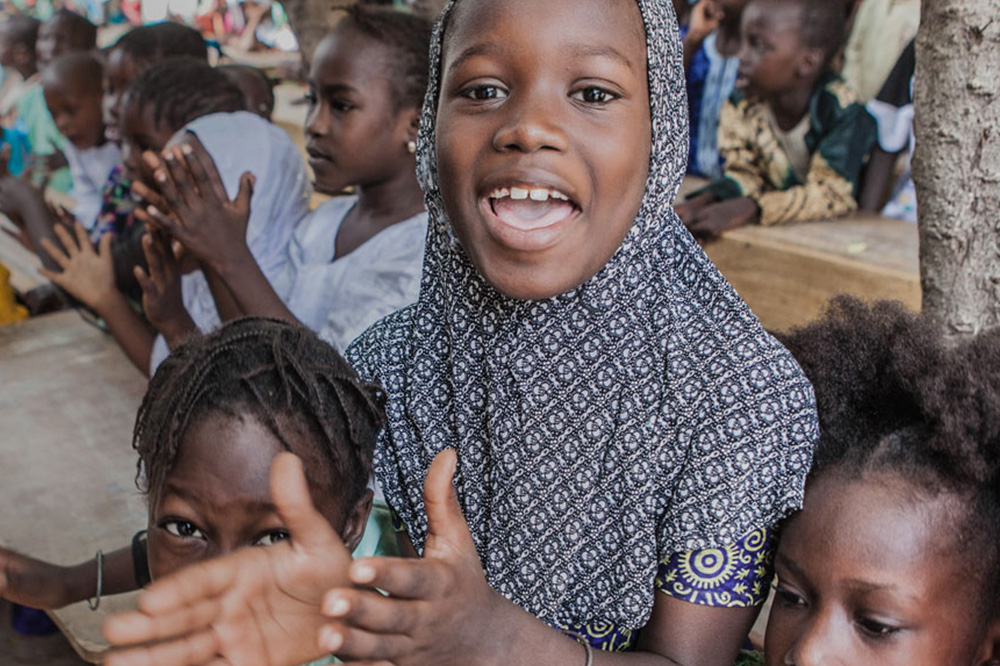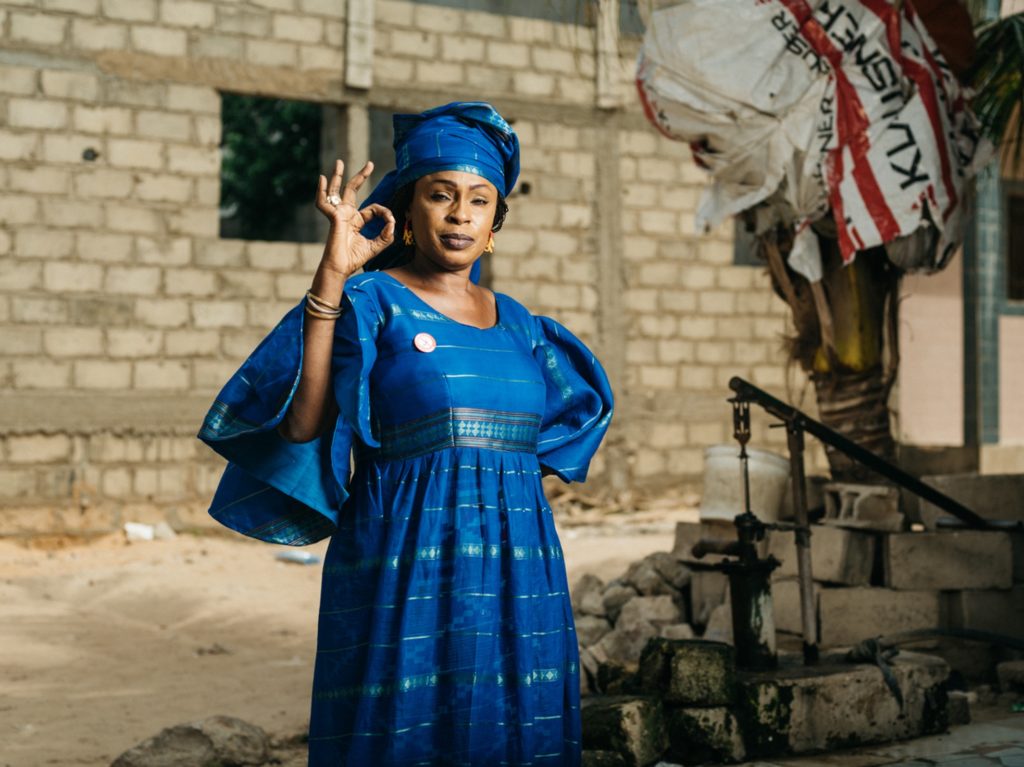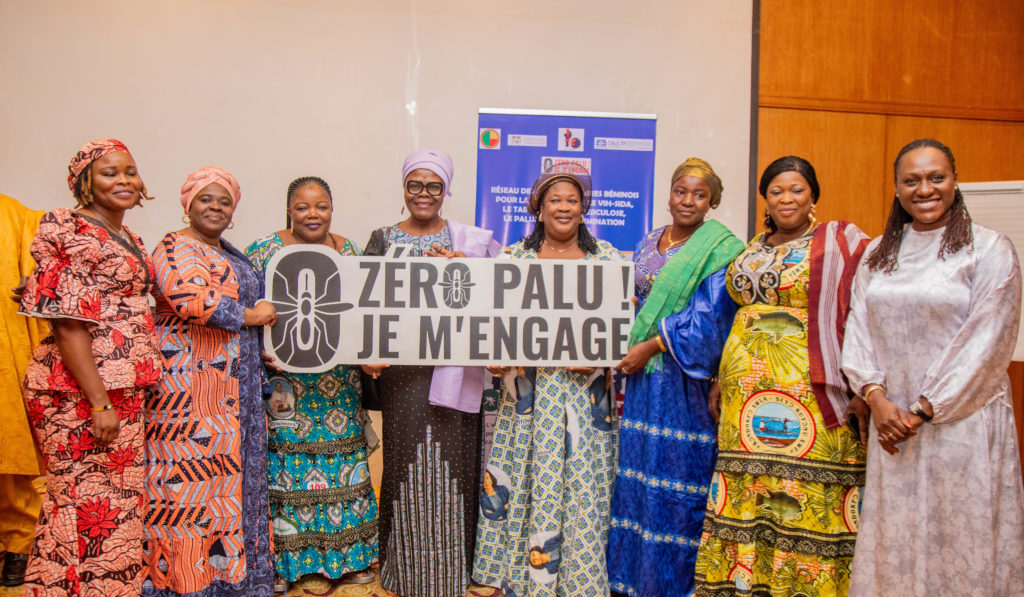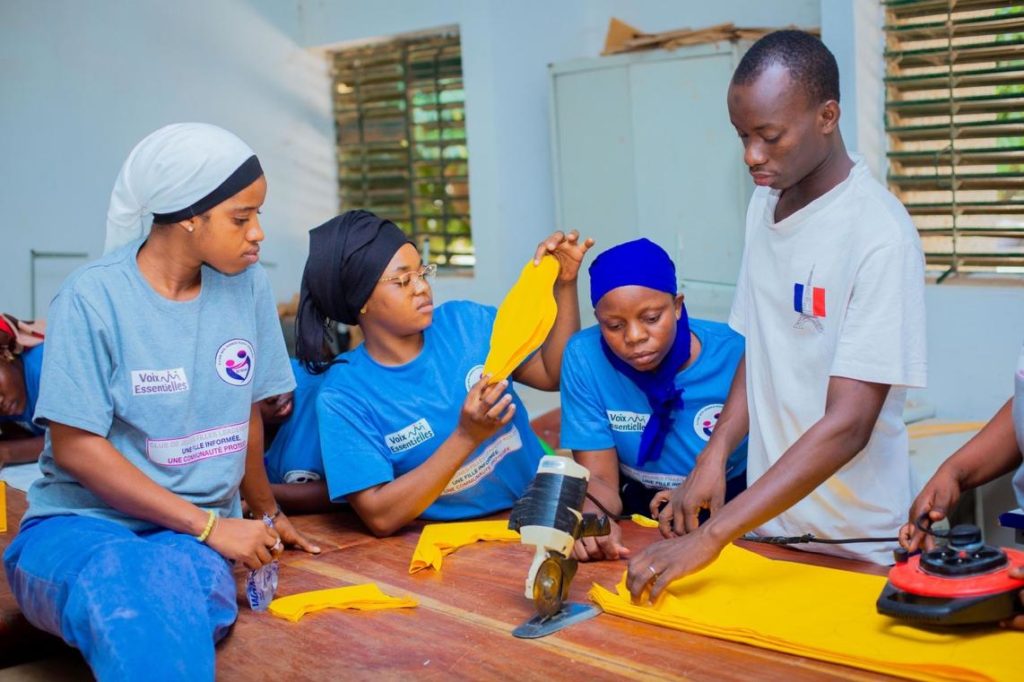Senegal’s National Office of Sanitation revels new vision for non-sewered sanitation across the country

In 2011, Senegal’s National Office of Sanitation (ONAS) set up a pilot program to better organize and restructure the country’s fecal sludge management (FSM) sector. On Thursday, 7 June, 2018, with a host of potential investment partners present, Lansana Gagny Sakho, Director General of ONAS, revealed the organization’s plan to scale the project through the establishment of a National Program for Sustainable Development of Non-Sewered Sanitation in Senegal (PNDDAA).
The program and vision, defined by the state of Senegal, takes into account, at the same time, the universality, equity and sustainability of resources and the sanitation systems, in accordance with the vision of the Senegal Emergent Plan.
Through the PNDDAA program, ONAS aims to increase the involvement of the private sector with the ambition of making non-sewered sanitation one of the essential pillars for achieving the Sustainable Development Goals (SDGs), which in section 6.2 call for access to equitable sanitation and hygiene services for all, and an end to open defecation, paying particular attention to the needs of women and girls, and people in a vulnerable situation.
The National Program for Sustainable Development of Non-Sewered Sanitation in Senegal (PNDDAA), is focused on four major strategies:
● Legal guidance with the harmonization and adoption of complementary texts;
● Guidance answering the needs of all segments of the population;
● Financial guidelines for the improvement of programming and budget execution, and investments from key actors;
● Guidelines for Information, Education and Communication (IEC) for adoption by the population of good hygiene and sanitation practices, and the acceptance of sanitation innovation.
The main objective of the new vision is to create a harmonized and inclusive framework for the financing of the non-sewered sanitation sector through appropriate traditional and innovative mechanisms.
ONAS supports a thoroughly inclusive vision involving the participation of multiple stakeholders. Keeping key donors, banks, civil society organizations, sector institutions, influencers, champions, people working in the sector (pit emptiers, private service providers), and policymakers aligned with Senegal’s strategy deployment will play a vital role in making non-sewered sanitation a sustainable utility service for all




